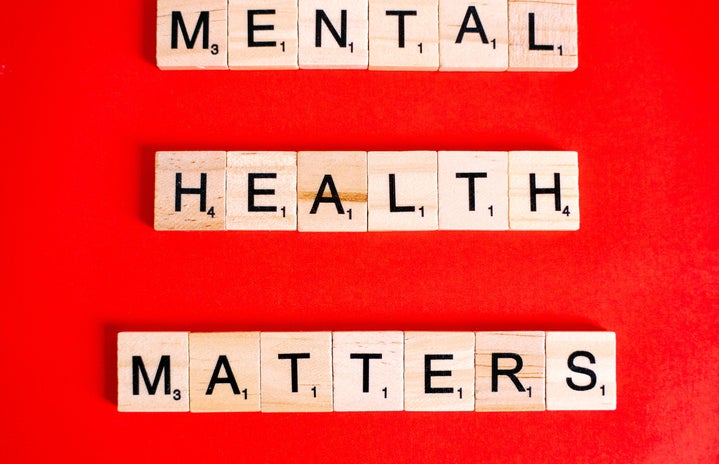How to combat mental health stigmas?
Mental health is a sensitive topic that affects millions of people worldwide. However, despite the growing awareness around mental health issues, there are still stigmas that surround these conditions, causing people to stir away from seeking help.
Unfortunately, such stigmas create a culture of shame and isolation that often worsens the condition of those who suffer from these illnesses.
One common stigma is the belief that mental illness is a sign of weakness or personal failure. This stigma can make people feel like they should be able to “snap out of it” or that they are at fault for their struggles.
Another common stigma is the belief that mental illness is a choice or a result of bad behavior. This can lead to blame and shame towards struggling people rather than support and understanding. Stigmas can also be attached to specific mental illnesses, such as schizophrenia or bipolar disorder, leading to discrimination and social exclusion.
Stigmas can even surround certain treatments for mental illness, such as taking medication or going to therapy. For example, some people believe that taking medication for mental illness is a sign of weakness or that it will change a person’s personality. Others view therapy as unnecessary or something that only “crazy” people need.
These stigmas can be harmful and can prevent people from seeking help when they need it the most. Challenging and breaking down these stigmas is vital so that people feel more comfortable talking about their mental health and seeking support. This can be done by educating ourselves and others about mental illness, speaking openly about our own experiences, and advocating for mental health awareness and resources.
Here are some ways to address mental health stigmas and create a safe and supportive environment for those who struggle with mental health issues.
1. Education and Awareness
Education and awareness are among the most effective ways to combat mental health stigmas. The more people understand mental health conditions, the less likely they are to judge those who suffer from them.
A wide range of resources available online and in-person provide education and awareness about mental health.
Educating yourself and others about the realities of mental health conditions can help eliminate stigmas and reduce the shame associated with these illnesses.
2. Be open to communication
Another way to address mental health stigmas is to create an environment that is open to communication. This means that you should encourage open and honest conversations about mental health with your friends, family, and colleagues. By creating a safe space for people to share their experiences and feelings, you can help to reduce the stigma surrounding mental health.
3. Seek professional help
It’s essential to recognize that mental health conditions are not a weakness and seeking help is a sign of strength. If you or someone you know is struggling with mental health issues, it’s essential to seek professional help. This could include therapy, medication or a combination of both. Professional help is an effective way to manage mental health conditions and improve overall well-being.
4. Challenge stigmas and stereotypes
If you encounter someone who holds negative views about mental health, it’s essential to challenge their stigmas and stereotypes. This can be a challenging conversation, but it’s essential to speak up and advocate for those who suffer from mental health conditions. By challenging these stigmas and stereotypes, you can help to create a more accepting and supportive environment for those who struggle with mental health.
5. Support mental health organizations
Supporting mental health organizations is another way to combat stigmas and stereotypes around mental health. These organizations work to raise awareness, provide education and resources and advocate for those who suffer from mental health conditions. By supporting these organizations, you can help to create a more accepting and supportive environment for those who struggle with mental health.
Mental health stigmas pose a significant barrier for those who suffer from mental health conditions. However, there are ways to address these stigmas and create a more accepting and supportive environment.
By educating yourself and others, creating an open environment for communication, seeking professional help, challenging stigmas and stereotypes and supporting mental health organizations, you can help combat stigmas and improve the lives of those who struggle with mental health.


